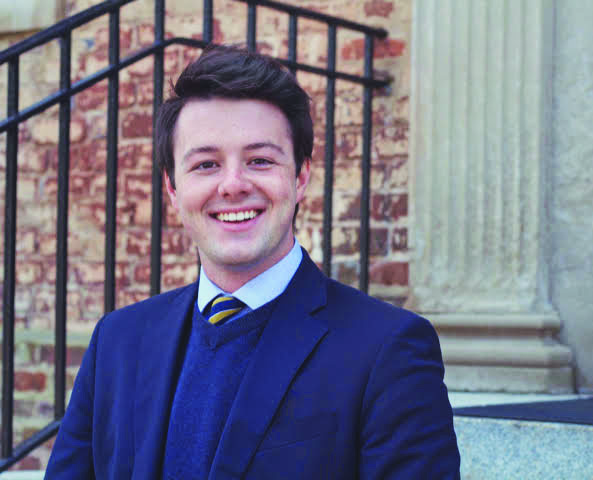Kirk Kovach: Real test in 2020 Senate race may be fundraising
Published 12:00 am Thursday, June 20, 2019

- Kirk Kovach
By Kirk Kovach
In my last column, I wrote about the entry of Garland Tucker into the Republican primary for U.S. Senate, where he will face off against incumbent Sen. Thom Tillis.
And while the Republicans have their own fractional politics, which lead to interesting primaries, there has been an update on that front: Rep. Mark Walker, who represents the 6th District, has officially decided against running.
While Garland Tucker will no doubt be a thorn in the side of Tillis during the primary, he remains a longshot candidate in the primary. His chief asset in terms of the campaign is wealth. Tucker can self-fund while the campaign ramps up, and already he seems to have convinced numerous high-profile Republican donors, who would otherwise likely back Tillis, to host an expensive fundraiser in Raleigh. If his momentum gains, it won’t be the last.
But Walker would have entered the primary, in some readings, as the frontrunner. Tillis and Tucker are of the same ilk, while Walker is a firebrand religious conservative. It would have provided stark contrast in the profiles of the contenders and, all things considered, could have given Republicans a candidate unable to win the seat in 2020.
Two weeks ago, Democrats were still in search of a top-tier candidate for the U.S. Senate seat, and this week picked up two: Cal Cunningham and Eric Mansfield.
Cunningham is a sort of native son for this area. He grew up in Lexington, went off to law school and served in the military. He was a one-term state senator. So was Eric Mansfield. In fact, the two have very similar profiles, but Mansfield became a physician instead of a lawyer.
With Cunningham and Mansfield in the race, the real test begins. At the end of June, they will have to file a fundraising report; that marks the first hurdle and the beginning of scrutiny. To be competitive in a statewide primary and run a sophisticated campaign, you need a lot of money.
Cunningham has already demonstrated his ability to raise money: prior to entering this race, he had announced for lieutenant governor. At the end of December last year, he had reported raising $300,000, no small sum that early and in a lesser-watched race. However, money for state races cannot be directly transferred for use in a federal race, so that money will not follow him into this new primary.
There are plenty of other variables as well, some more important than others. For example, Cunningham rolled out his new campaign with a few endorsements, such as former Sen. Kay Hagan, which could help to consolidate support from donors. Collecting donors is not necessarily zero-sum, but it’s certainly close.
And that probably explains why Eric Mansfield entered the race so quickly after Cunningham. Mansfield’s video announcing his run was already completed, so he definitely planned to announce. When Cunningham officially launched on Monday, Mansfield followed suit the next day.
Remember, if they only have until June 30 to post impressive fundraising numbers, every hour that Mansfield couldn’t dial for dollars put him behind.
To contextualize how much work should go into fundraising over the next two weeks, either would likely need to raise close to half a million dollars to truly stand out.
Kirk Kovach is a Rowan County native who writes for politicsnc.com.

